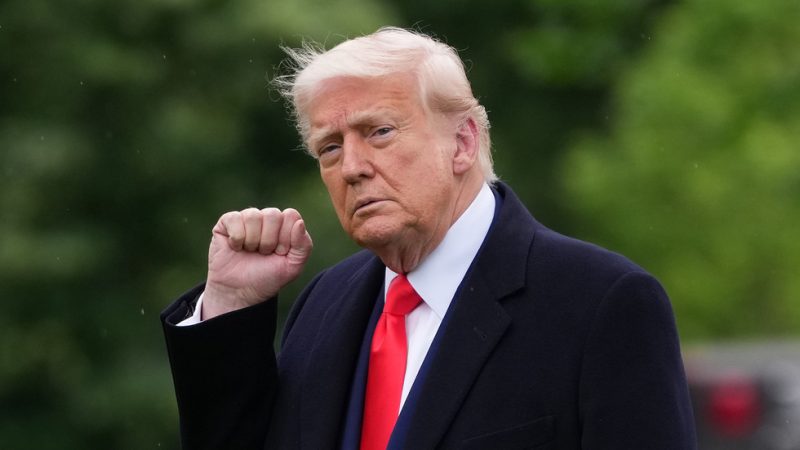
In a surprise move that sent ripples through global markets, US President Donald Trump has announced a delay in the implementation of a hefty 50% import tariff on goods from the European Union. Initially slated to take effect on June 1st, the tariffs will now be levied starting July 9th, granting a short reprieve to European businesses and consumers alike.
This postponement comes amidst ongoing trade tensions between the US and the EU, a relationship that has been strained by disagreements over various trade practices and the persistent threat of retaliatory tariffs. While the reasons behind this delay remain somewhat unclear, several factors likely played a role. Negotiations may be ongoing behind the scenes, with both sides attempting to find a compromise that avoids a full-blown trade war. Alternatively, the delay could be a strategic move by the Trump administration, allowing time to assess the impact of other trade policies or to gauge the EU’s response to previous actions.
The impact of this delay is multifaceted. European exporters, who had braced for a significant hit to their bottom lines, will welcome the extra time to adjust their strategies. Consumers, however, might see only a temporary relief, as the tariffs are still looming. The delay also raises questions about the long-term trajectory of US-EU trade relations. Will this be a prelude to a comprehensive trade agreement, or simply a temporary pause before further escalation? The uncertainty remains a significant concern for businesses involved in transatlantic trade.
Experts are divided on the significance of this delay. Some view it as a positive sign, suggesting a willingness on the part of both sides to engage in constructive dialogue. Others are more skeptical, interpreting it as a mere tactical maneuver designed to maximize political leverage. Only time will tell whether this delay marks a turning point in the US-EU trade dispute or simply a fleeting moment of respite in an ongoing battle.
Regardless of the underlying motivations, this development underscores the volatile nature of international trade relations and the significant impact that even the threat of tariffs can have on global markets. The coming weeks will be crucial in determining the next steps in this complex saga and whether a lasting resolution can be reached.










